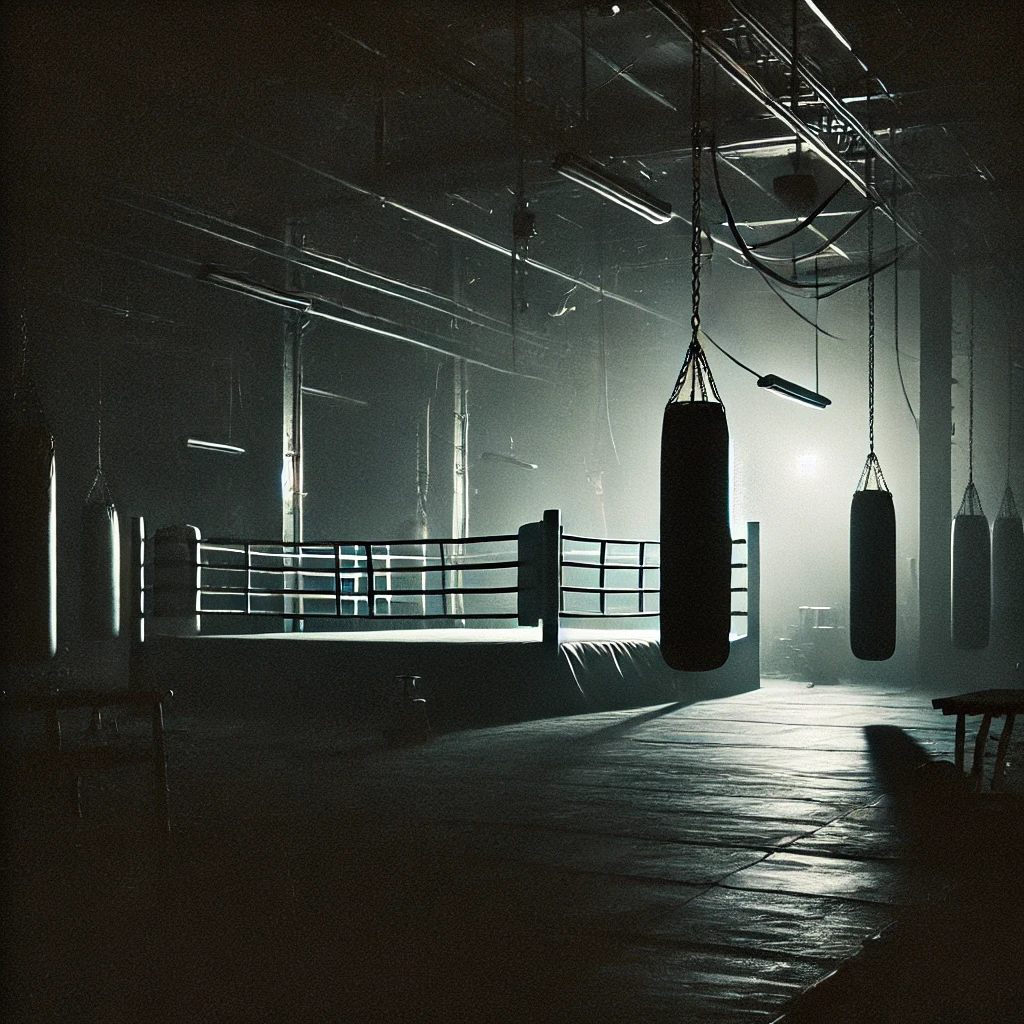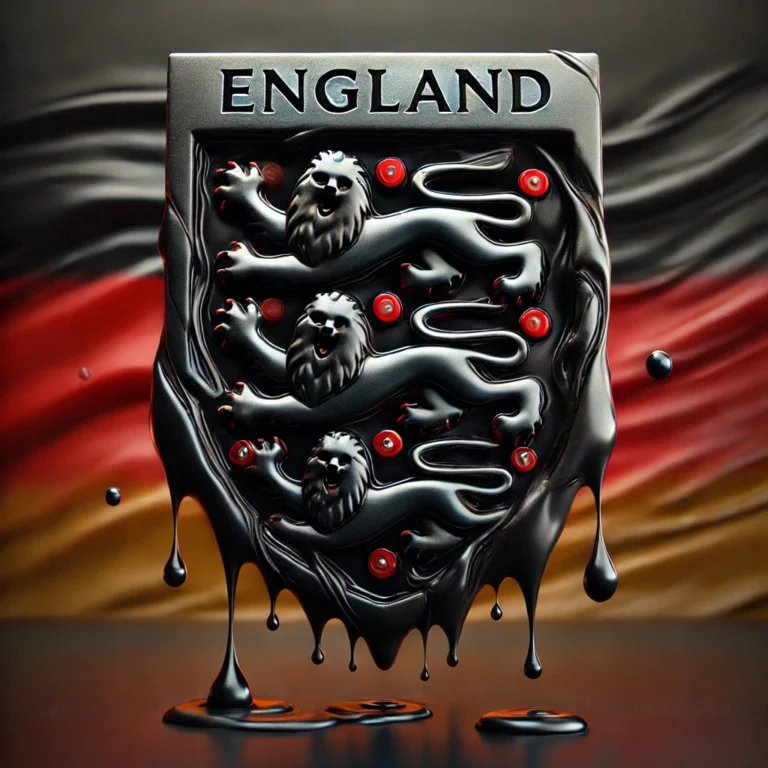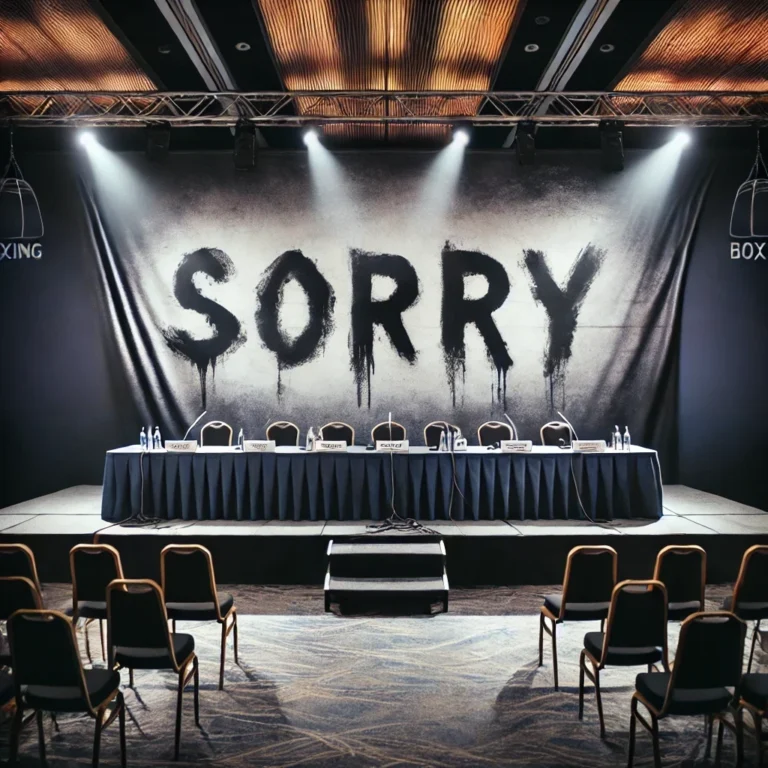
The Unbearable Weight of Zero
In the brutal calculus of boxing, zero is everything. The absence of a loss on a fighter’s record becomes more than a marker of technical superiority—it is an aura, a manifestation of invincibility. For undefeated fighters like Dmitry Bivol and Artur Beterbiev, the zero holds them hostage as much as it glorifies them, imposing a psychological burden that builds with each victory. The zero is not just about winning; it is about maintaining a myth.
The mythologisation of retiring with an unbeaten record, is just that for the many, it is actualised by very few, Andre Ward and Joe Calzaghe are such recent examples, but none tout the significance of their zero more than Floyd Mayweather. For many zero symbolises mere absence, yet for the modern post-Mayweather boxer, a zero is the true form of primalism, the retention and ability to boast a “0” is to demonstrate the mastery of survival. See, the perfect record becomes a metaphysical pursuit, where every fight forces them into a Sisyphean struggle—the higher they climb, the heavier the weight of expectation. This looming bout between Bivol and Beterbiev, with their unblemished records on the line, is not just a fight for the undisputed light-heavyweight championship; it’s a battle for identity, legacy, and survival.
The creation and continuation of Beterbiev and Bivol’s status, however, is preceded by a factor in which both so far have somewhat fallen short of what they surely deserve, that being that their marketisation of their undefeated skills reaches beyond the attention-sphere of the boxing purists and into the realm of Mayweatherian commercialisation. In a sport increasingly defined by personality-driven marketing, their undefeated status—while prized by purists—risks being eclipsed by fighters who command the stage outside the ring.

The Zero, the Myth, and Commercialization
This fight, then, isn’t just a test of physical supremacy; it is a moment of existential reckoning for both men. Bivol and Beterbiev, despite their outstanding records, have not yet transcended into the realm of global stardom where figures like Saúl Álvarez “Canelo” and Mayweather occupy. For them, boxing has been about perfection, a pursuit of mastery inside the ropes. But the reality of modern boxing—the arena where narrative and personality drive success—is different.
Interestingly, Canelo, famously, lost his zero to Floyd Mayweather, yet grew into a star of colossal magnitude. He showed that commercial success is no longer tied exclusively to a perfect record but to a fighter’s personality and marketability.
On May 7, 2022, Canelo Álvarez faced Dmitry Bivol in a bout billed as Legacy is Earned. At the time, Bivol, the reigning WBA light heavyweight champion, was relatively unknown to casual boxing fans despite multiple title defenses. Canelo, with his storied career across multiple weight divisions and victories against top-tier opponents, was seen as the easy favorite by many. However, moving up to light heavyweight presented a significant challenge, and Bivol’s disciplined, tactical style proved too much for Canelo, as the Russian boxer won by unanimous decision. Despite this clear victory, the conversation around Canelo’s place in the sport has remained as prominent as ever. Even in defeat, Canelo’s commercial appeal and global star power keep him at the centre of boxing narratives. Canelo vs. Bivol II remains a tantalizing prospect for promoters and fans alike, given Canelo’s ability to generate massive pay-per-view sales and global attention. In many ways, Canelo has become the protagonist of the light heavyweight division’s ongoing story, casting a long shadow over not only Bivol but also Artur Beterbiev, the WBC, IBF, and WBO light heavyweight champion.
Existential Tension: The Shadow of Nothingness
While commercial appeal casts its long shadow, the philosophical stakes for Bivol and Beterbiev are equally profound. Their undefeated records, while symbols of dominance, carry the existential weight of nothingness—the ever-present threat of losing their zero. As Jean-Paul Sartre would argue, the confrontation with nothingness is where anxiety resides, for it is the void where one’s identity unravels.

Both fighters, known for their stoic personalities and almost mechanical approach to the sport, seem ill-equipped to confront the existential drama that their zeroes symbolize. Unlike Canelo, who embraced the chaos of defeat to reinvent himself, Bivol and Beterbiev’s stoicism may hide an inability to engage with the potential loss of identity that comes with defeat. The loss of their zero would mean the unraveling of the mythos of invincibility, forcing them to confront the void of imperfection.
In this way, the fight between Bivol and Beterbiev exhumes a Nietzschean struggle, as each man must unearth his will to power, facing the existential threat wielded by the other. To lose is not merely to be defeated in the ring—it is to be buried under the weight of that loss, forced to confront the nothingness that Sartre described as the absence of being. The zero they guard so carefully is not just a record, but a symbol of their identity. When one fighter’s zero is shattered, he must dig through the void it leaves behind, searching for meaning beyond the perfection that once defined him.
Eternal Recurrence: The Fight for Meaning
The struggle of zero, can also be seen in the process of Nietzsche’s eternal recurrence, an iterative challenge to imagine living life over and over, facing the same decisions and the same challenges in an infinite loop. For Bivol and Beterbiev, their careers thus far have been a series of triumphs, where each victory reinforces the myth of perfection – moving beyond recurrence. But this fight represents a moment where the cycle will be broken—perhaps via points or a decisive KO, one of them will lose their zero and be forced to confront the reality of defeat in eternal.
For fighters like Canelo, defeat has been a crucial part of their evolution. He exceeded the recurrence of existential loss, instead springboarding past the sport’s obsession with perfection. In contrast, Bivol and Beterbiev, without having the same commercial pulling power as Canelo, face an existential question: will they find meaning in the wake of defeat, or will they be trapped in the existential dread of having their perfect records shattered? There is no doubt that the intensities and rhythms created by their collision with each other and their pursuit of everything and nothing, will potentiate a classic. And, sometimes, the creation of a classic, can do much to theatricalise and enhance their stardom, even if their personas stay the same. Amongst their battle with nothingness, and the everythingness of undisputed, the “something” still lurks for the loser as well as the winner, and that is the commercial appetite for either to face Canelo.
Bivol: “I don’t know I don’t care about to be honest now because I have a fight I have a serious opponent a big one yeah and uh with Canelo this subject is close for me but we’ll see everything is possible of be honest yeah but I don’t want to talk about him now”
Beterbiev v Bivol: The Face-Off Light Heavyweight Undisputed Clash, TNT Sports, Youtube, 4:33 [accessed 7 October] <https://www.youtube.com/watch?v=mtwyYuBWlIQ&ab_channel=TNTSportsBoxing>
Conclusion: The Final Reckoning
We can see then, that the fight between Dmitry Bivol and Artur Beterbiev represents more than just the battle for belts or the legacy of undefeated records. It can be illustrated as an existential drama, a Nietzschean battle for supremacy, identity, and the will to power – that cuts into the heart of what binds the competition and commercialisation of boxing culture. While the zero represents perfection, it also casts a shadow of nothingness—a void that one of them must confront in the wake of defeat.
So, beyond the ring, the fight reflects the broader tension between commercialization and legacy. In the era of Canelo, where defeat is merely a chapter in the narrative of greatness, Bivol and Beterbiev must find a way to transcend their zeros and establish themselves as commercially viable stars. In the end, zero is not the end, it is not the zero that defines greatness—it is the ability to find meaning beyond it.
As they step into the ring, Beterbiev and Bivol are not just singularly fighting for pugilistic supremacy—they are fighting for everything and against nothingness.





